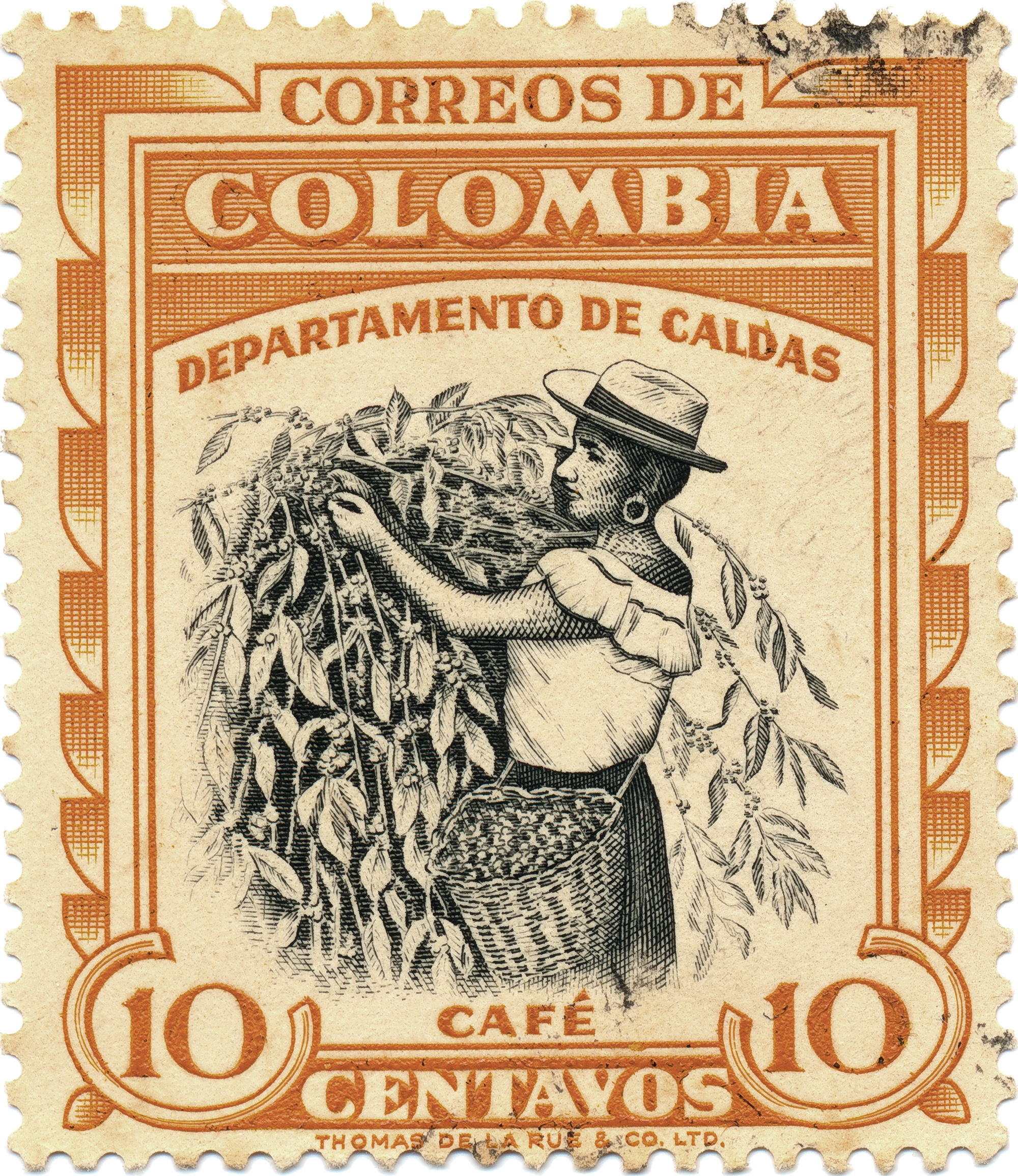Coffee in Colombia, as in other countries, is a male-dominated industry — exemplified by the stereotypical figure of Juan Valdez as a male producer and farm owner. However, Colombian producers are increasingly challenging traditional gender roles, and women now represent around 30% of Colombian producers (Quiñones-Ruiz and Giraldo-Liévano 2022).
The role of women in coffee production became more important with the shift towards smallholder farms. The vast majority of small-scale coffee producers rely on the labour of all family members, including children, especially during the harvest season (Cuellar-Gómez 2008). As a result, the rise of smallholders led to an increase in the amount of labour on farms done by women. Women on Colombian farms typically work longer hours than men, and they do most of the housework and childcare in addition to their share of the farm work (Pineda et al 2019).
 Women in Colombia have long been underrepresented as landowners, but they traditionally shared responsibility for the farm work, as evidenced by this 1956 postage stamp.
Women in Colombia have long been underrepresented as landowners, but they traditionally shared responsibility for the farm work, as evidenced by this 1956 postage stamp.
In addition, the threat of violence, and high unemployment in rural areas, led to a disproportionate number of men to migrate to cities in search of safety and better opportunities. This further increased the amount of work on coffee farms carried out by women (Cuellar-Gómez 2008).
Typically, women on coffee farms perform all the same work as men but have limited input into decision-making, where to sell the coffee, or how to invest the proceeds. Even when a woman producer owns a farm or is a member of a cooperative, she might choose to send a male family member to take responsibility for business transactions (Cuellar-Gómez 2008).
Traditionally, women were excluded from formal organisations, including the FNC, but attitudes are changing and women are increasingly likely to be owners of their farms and members of cooperatives. To join a cooperative, producers must normally show they hold their land legally.